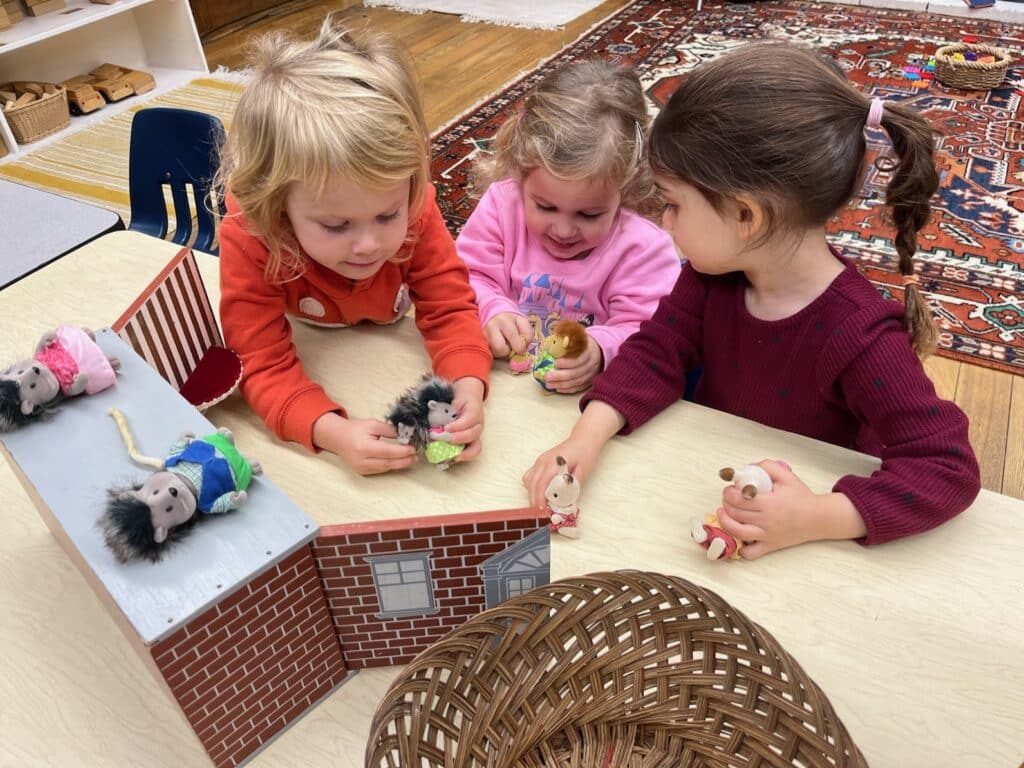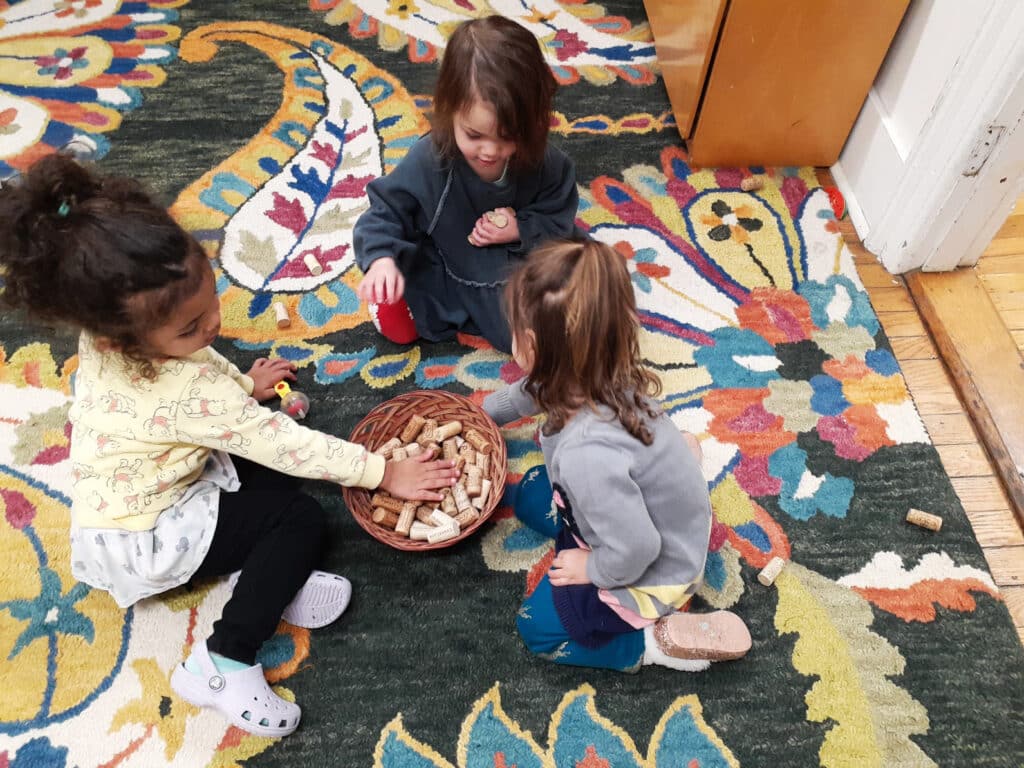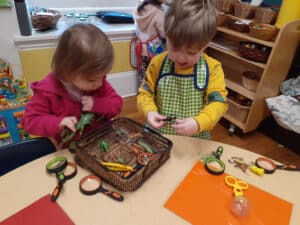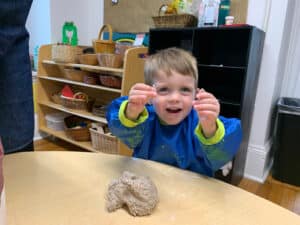Reggio Emilia is an approach to preschool learning named after the town where it originated in Italy.
Founder Loris Malaguzzi began the Reggio Emilia style based on the belief that every child is unique and will express their interests in many different ways.
This belief creates a co-learning environment where teachers learn with the children and work in a lateral relationship as opposed to a hierarchical one. That partnership is also intended to encompass the parents and community of each child.
Reggio Emilia also revolves around the children’s senses, relying on sight, sound, touch and even taste and smell to assist with learning. As a result, Reggio Emilia classrooms tend to look different than your average preschool with large common spaces, natural elements and lots of accessible and curiosity-sparking materials.
What are some tenets of the Reggio Emilia philosophy?
Children are taught from a very young age to respect their personalities, needs, and to feel empowered to express their ideas and feelings in various positive ways. Students explore their environments both inside and outdoors. Our students also engage with the arts, global experiences, and, in line with BCD’s Imagination Lab curriculum, lots of hands-on project based learning.






